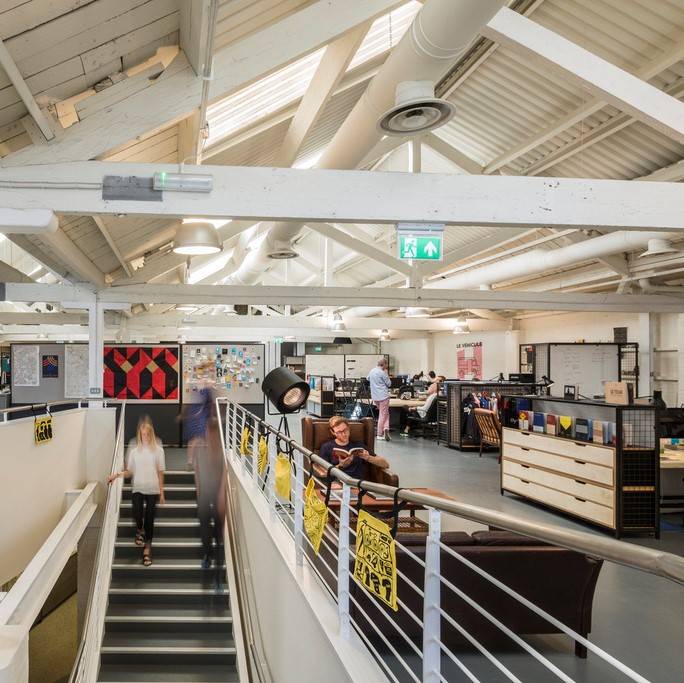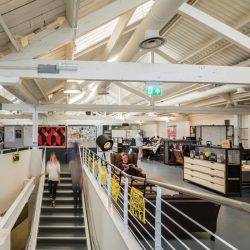October 29, 2018
The death of desks, the truth about smart cities and a long list of things architects should know
 You can’t judge an international marketplace by wandering around an exhibition of its products for a day or two. This is a simple fact overlooked by a new piece in Dezeen which declares that desks are finished. This notion is based on a trip to the Orgatec furniture fair in Cologne. Our own review of the show will appear tomorrow, with the hysteria dialled down to a dull roar and with some added facts about what organisations actually buy most from office furniture companies (spoiler: desks and chairs) compared to what makes the sector more interesting.
You can’t judge an international marketplace by wandering around an exhibition of its products for a day or two. This is a simple fact overlooked by a new piece in Dezeen which declares that desks are finished. This notion is based on a trip to the Orgatec furniture fair in Cologne. Our own review of the show will appear tomorrow, with the hysteria dialled down to a dull roar and with some added facts about what organisations actually buy most from office furniture companies (spoiler: desks and chairs) compared to what makes the sector more interesting.





















 Under half (47 percent) of British managers ‘completely agree’ that they would recommend their workplace to others, lagging behind other countries, such as Austria (66 percent), Finland (53 percent), Switzerland (53 percent), and France (51 percent). This is according to a Cornerstone OnDemand and IDC survey of over 1,900 European HR, IT and line of business managers,
Under half (47 percent) of British managers ‘completely agree’ that they would recommend their workplace to others, lagging behind other countries, such as Austria (66 percent), Finland (53 percent), Switzerland (53 percent), and France (51 percent). This is according to a Cornerstone OnDemand and IDC survey of over 1,900 European HR, IT and line of business managers, 









October 26, 2018
We need to move on from the stigma of mental health to finding solutions
by Gary Helm • Comment, Wellbeing
(more…)